Have you ever watched a horse gallop freely across a vast field, mane flowing in the wind, and felt a pang of envy at its sheer freedom? Horses have long captivated human imagination, and their majestic presence is often associated with large, expansive terrains. But why do these magnificent creatures seem to flourish in wide-open spaces? Let’s delve into the world of horses and uncover the reasons behind their affinity for vast landscapes.
The Natural Habitat of Horses
Horses are creatures of freedom—built for movement, exploration, and the natural rhythms of the great outdoors. Their powerful bodies, alert minds, and deeply rooted instincts flourish best in wide-open spaces where they can roam, graze, and interact with their environment. Unlike confined stalls or crowded paddocks, open fields and pastures offer horses not only physical exercise but also mental stimulation and emotional well-being.
Horses are creatures that have evolved over millennia to live in open plains and grasslands. Historically, they roamed in herds across vast terrains, grazing and moving freely. This natural habitat provided them with the necessary resources to survive and thrive. The open spaces allowed horses to see predators from a distance, giving them time to react and escape. In essence, wide-open spaces are deeply ingrained in the horse’s DNA, making them feel at home and secure.
Freedom to Move and Exercise
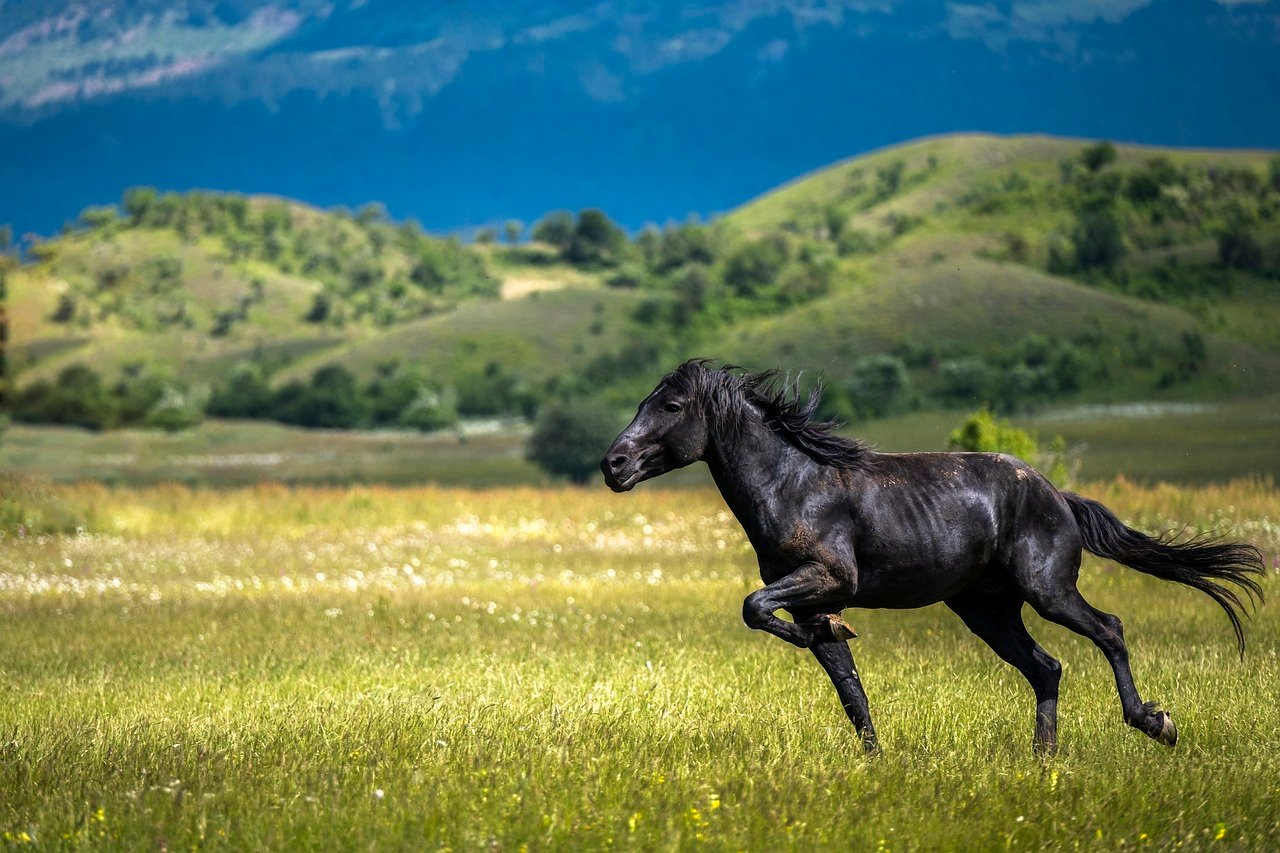
Just like humans, horses need exercise to maintain their physical health. Wide-open spaces provide the perfect environment for them to stretch their legs, run, and play. This freedom of movement is not just a luxury but a necessity for their well-being. Horses that have ample space to roam tend to have better muscle tone, joint health, and overall fitness. Imagine being confined to a small room all day; it wouldn’t be long before you’d crave the outdoors. Horses are no different.
Social Interaction in Herds
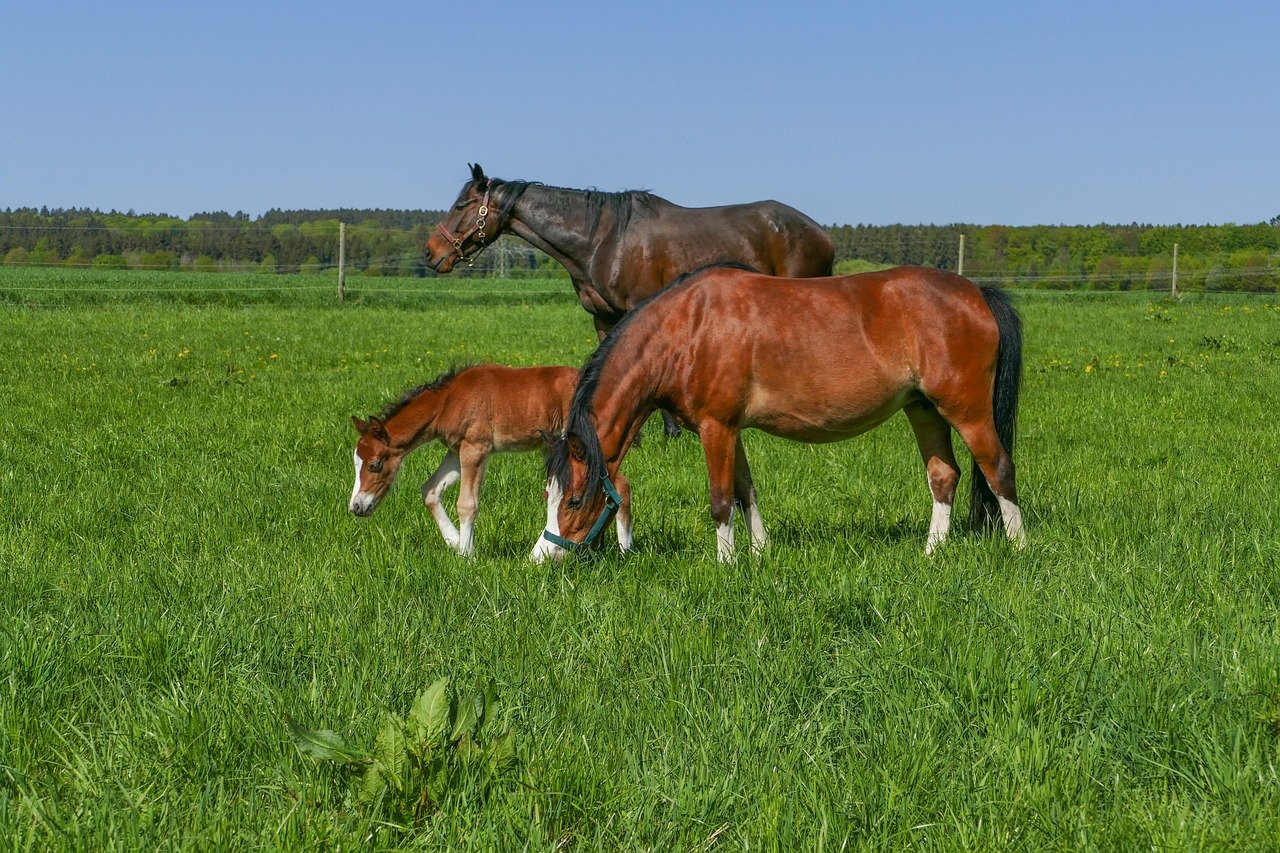
Horses are inherently social animals. In the wild, they live in herds, which provide them with companionship and a sense of security. Wide-open spaces allow horses to interact freely with one another, establishing social bonds and hierarchies. These interactions are crucial for their mental health and emotional well-being. In a confined space, horses may feel isolated and stressed, much like a person might feel lonely in a crowded city without meaningful connections.
Access to Natural Grazing
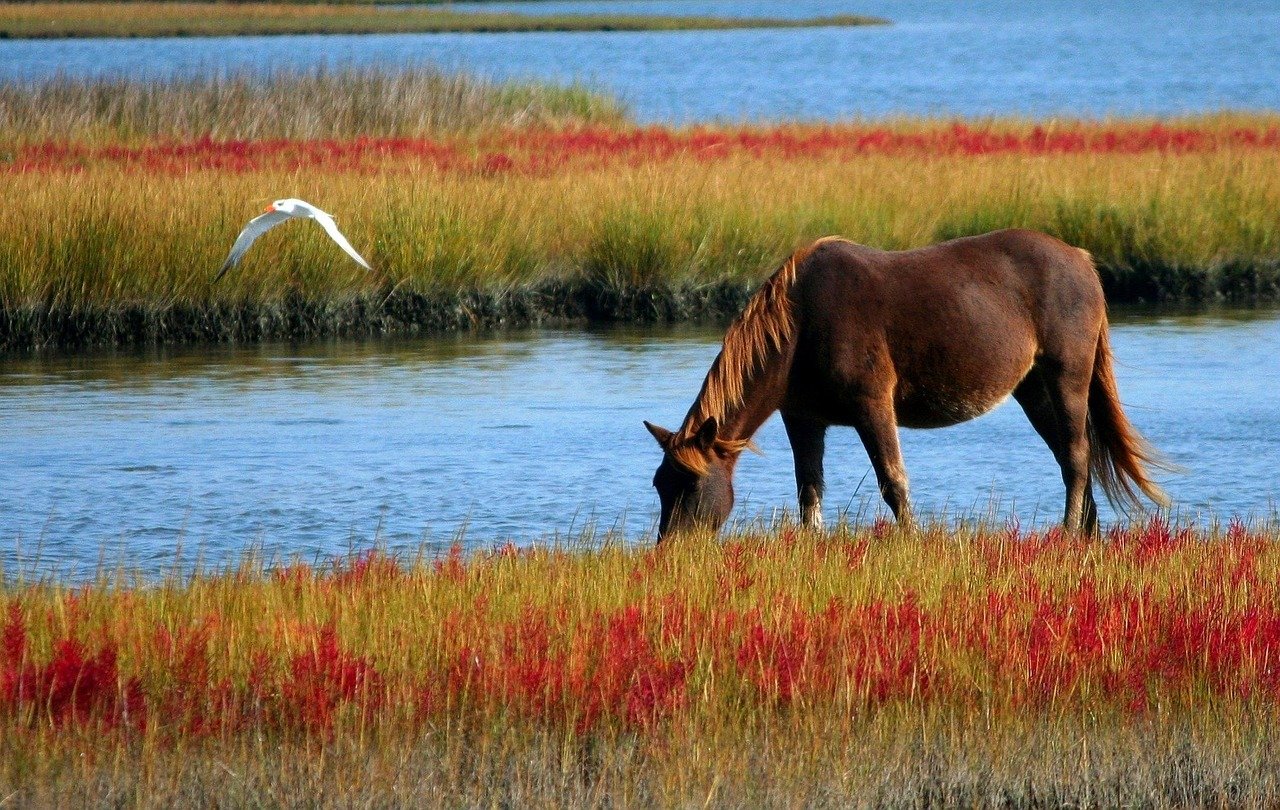
One of the primary reasons horses thrive in open spaces is the access to natural grazing. Grass is the most natural and beneficial food source for horses, providing essential nutrients and fiber. In wide-open areas, horses can graze as they please, mimicking their natural feeding habits. This not only keeps them physically healthy but also mentally content. A horse grazing leisurely in a field is akin to a person enjoying a picnic in a beautiful park.
Reduced Stress and Anxiety
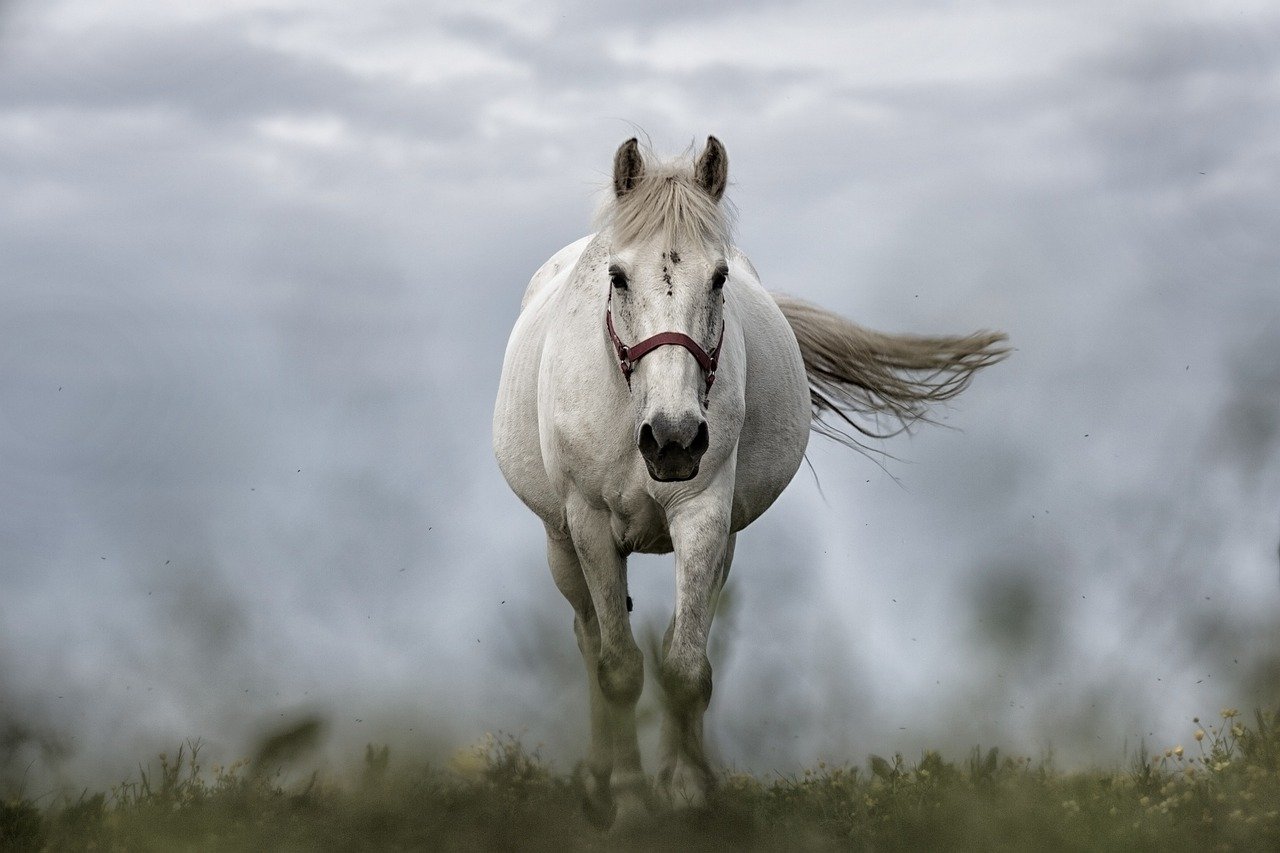
Wide-open spaces have a calming effect on horses, reducing stress and anxiety levels. In a confined environment, horses may become anxious, leading to undesirable behaviors such as cribbing or weaving. The ability to move freely and interact with their surroundings provides horses with a sense of control and autonomy. It’s similar to how a walk in nature can clear a person’s mind and alleviate stress. For horses, the open field is their sanctuary.
Better Respiratory Health
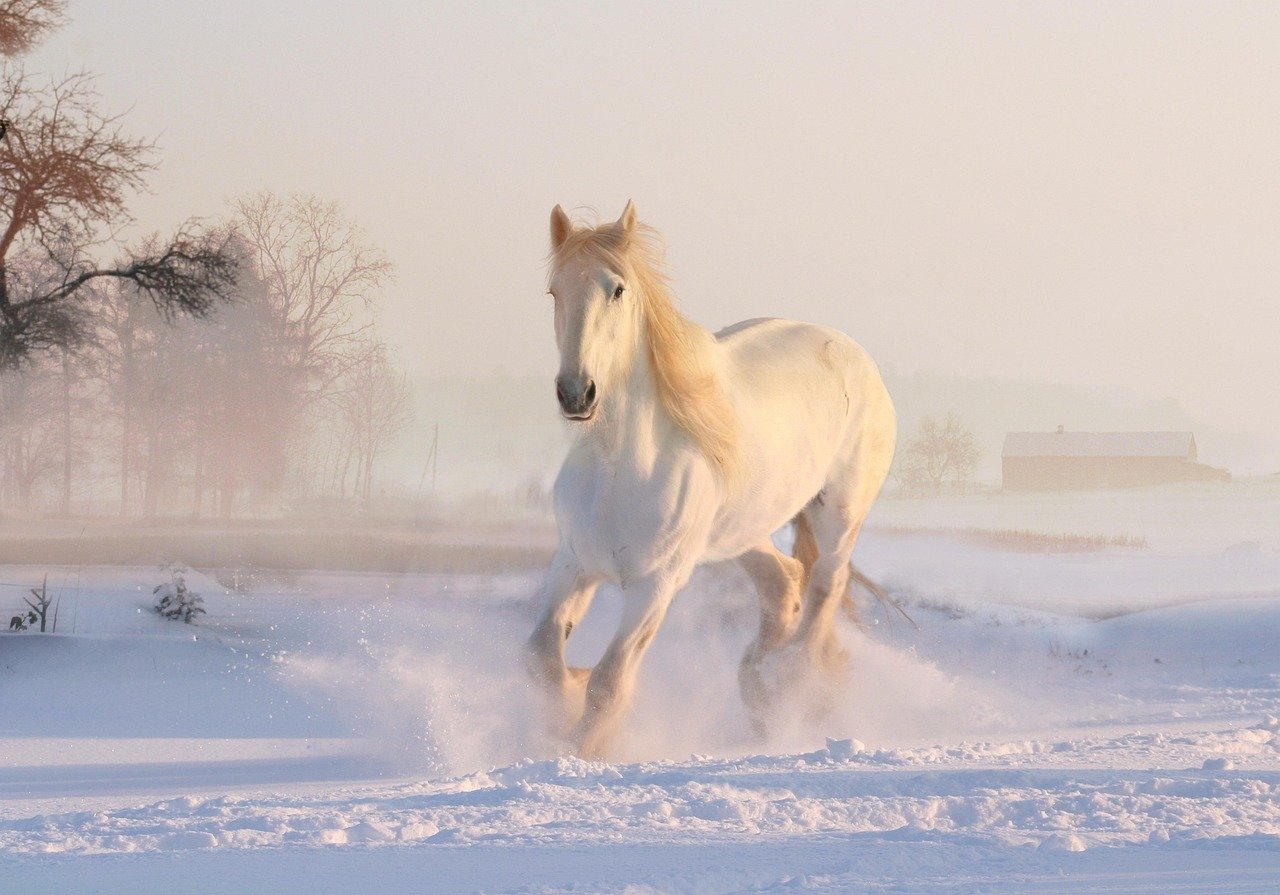
Horses are large animals with a significant respiratory demand. In open spaces, they benefit from fresh air, which is crucial for their respiratory health. Confined spaces can lead to dust accumulation and poor air quality, potentially causing respiratory issues. The open air, free from pollutants and allergens, allows horses to breathe easily and maintain optimal lung function. Think of it as the difference between breathing in a stuffy room versus a fresh mountain breeze.
Natural Behavior and Play
Horses are playful creatures by nature. Wide-open spaces allow them to exhibit natural behaviors such as running, bucking, and playing with their peers. These activities are essential for their mental stimulation and physical health. In a restricted environment, horses may become bored and develop behavioral issues. The freedom to express themselves naturally is akin to a child playing in a playground, full of joy and laughter.
Enhanced Hoof Health
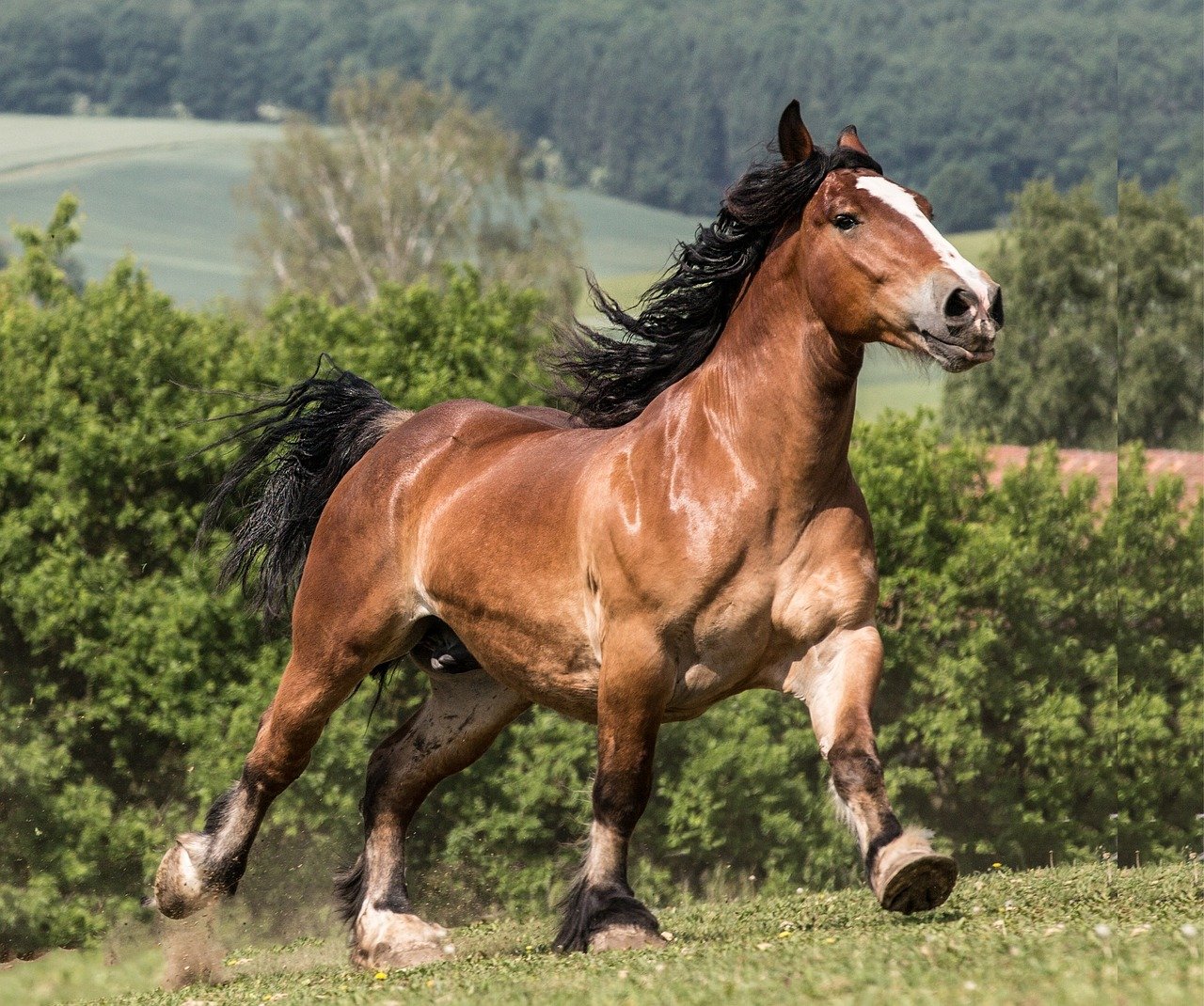
The health of a horse’s hooves is paramount to its overall well-being. In wide-open spaces, horses have the opportunity to walk on varied terrains, naturally wearing down their hooves and promoting healthy growth. This natural movement prevents hoof-related problems that can arise from standing on soft or artificial surfaces for extended periods. It’s like the difference between wearing comfortable shoes that support your feet and being stuck in ill-fitting ones all day.
Connection to Nature
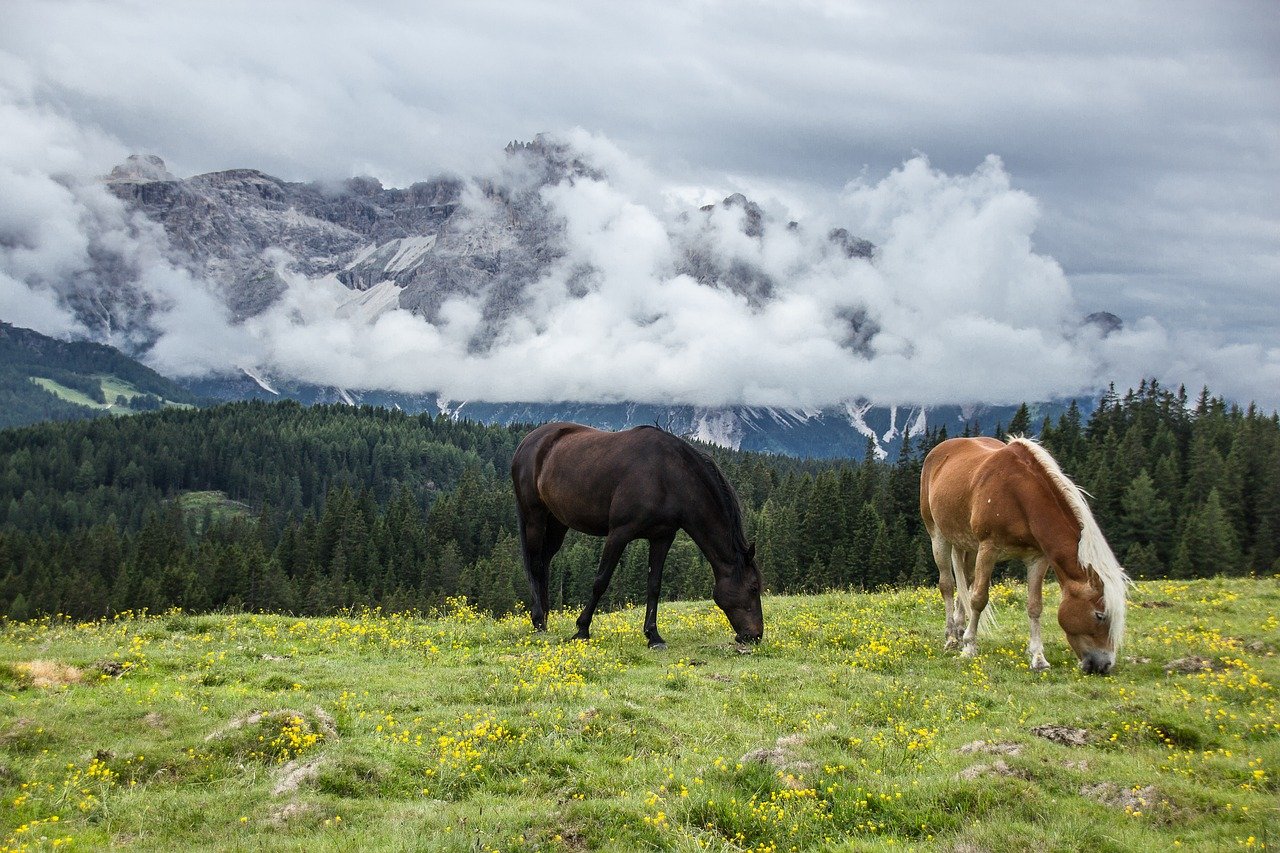
Horses have an intrinsic connection to nature, and wide-open spaces allow them to experience the world as they were meant to. These environments provide a sensory-rich experience, from the feel of the wind to the sights and sounds of the natural world. For horses, being in nature is invigorating and fulfilling. It’s similar to how a nature walk can rejuvenate the human spirit, reminding us of our place in the world.
The Joy of Freedom
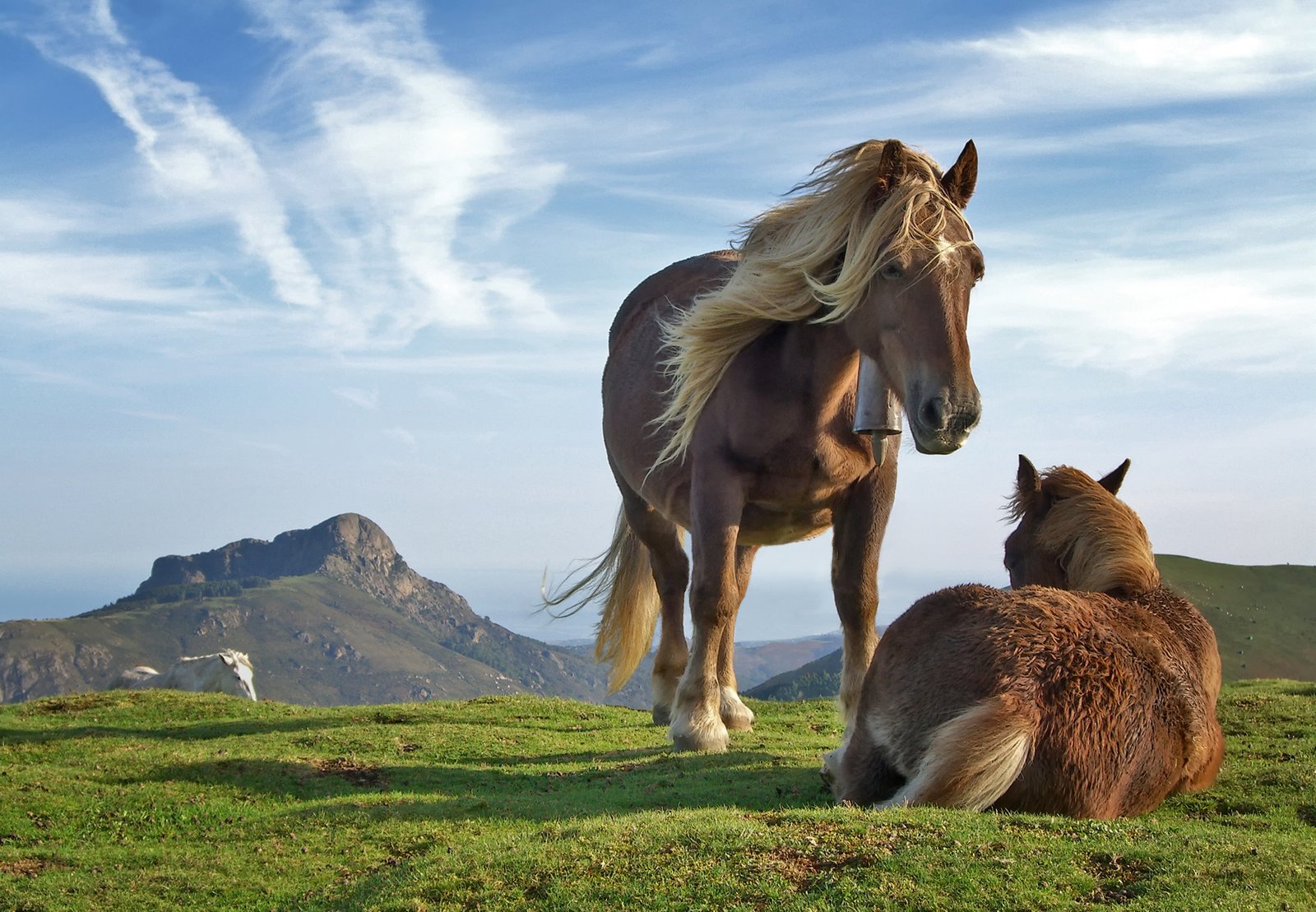
At the heart of it all, horses thrive in wide-open spaces because of the sheer joy of freedom. The ability to run, play, and explore without limitations is a fundamental aspect of their happiness. It’s a freedom that resonates with the very essence of what it means to be a horse. Watching a horse gallop across an open field is a reminder of the beauty of liberty, a feeling that resonates deeply with all living creatures.
Horses are creatures that have evolved to flourish in wide-open spaces. These environments provide them with the physical, mental, and emotional nourishment they need to lead happy and healthy lives. So, the next time you see a horse running freely across a vast field, take a moment to appreciate the profound connection between these majestic animals and the open landscapes they call home.





